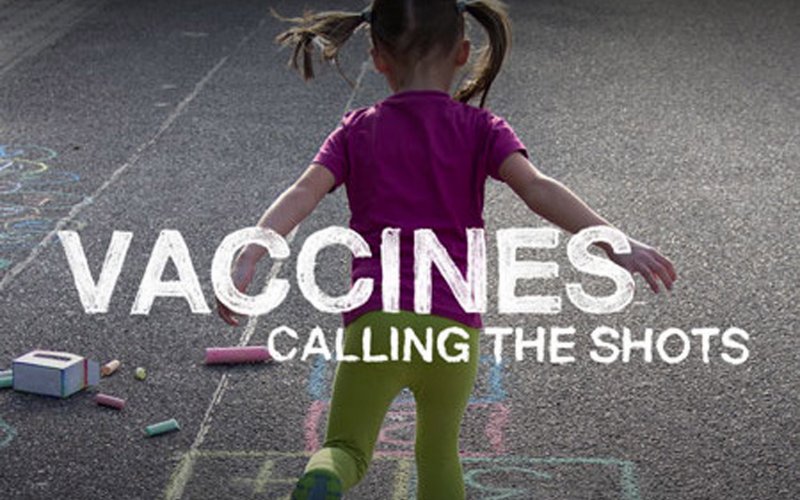Gr 7 Up—Presented in nine free-flowing chapters, this program clearly advocates the use of vaccinations to prevent the spread of illness and death. The fact that 500 years ago communicable disease took the lives of 25 percent of children under the age of five is compared to the recent near eradication of the same diseases following universal vaccination in the developed world. For instance, the infection rate of polio plummeted 99 percent after universal vaccinations were instituted. In the last few years, though, outbreaks of preventable diseases have increased. After years of near eradication, France had 15,000 cases of measles, with six deaths in 2011. The resurgence of once suppressed diseases in developed nations is explained by the lax attitudes of parents who have never witnessed an epidemic. University of Michigan health behavior educator Brian J. Zikmund-Fisher states that the normal fear and anxiety that parents feel should be the beginning of the conversation about vaccines, not the end. Other experts state that although on rare occasions vaccinations have triggered seizures, the underlying cause was already present in the individuals. Additionally, they state that autism begins in the womb, not when a child receives a vaccination. Since one in a million will have an adverse reaction to a vaccine, vaccination is a better choice, not a perfect choice, according to the program. Like
The Greater Good (Janson Media, 2014), this program is convincing but advocates universal, regimented vaccination, instead of delaying or skipping vaccinations, as The Greater Good suggests. The debate continues, and both sides of the argument provoke contemplation.—
Ann Weber, Bellarmine College Preparatory, San Jose, CA





Be the first reader to comment.
Comment Policy:
Comment should not be empty !!!